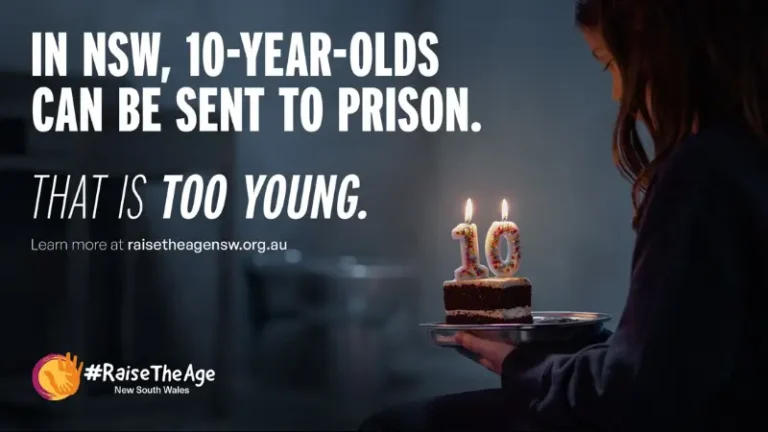Now that approximately 350,000 households across in NSW (and 1.2 million across Australia) have installed solar photovoltaic (PV) panels on their roofs, we have entered the age of the ‘prosumer’ consumers who are also producers of energy. This significant change is facilitating greater competition in the wholesale electricity market and multiple other economic, social and environmental benefits. PIAC does not support a return to subsidised feed-in tariffs (FiTs) or contend there should be a 1:1 FiT, but does argue that a fair price should be paid to NSW consumers who are generating electricity which is fed back into the NEM. This is not the case currently in NSW where in fact some retail companies are receiving free or discounted electricity from households in NSW. This is because is no mandatory feed-in tariff in NSW, 30% of retailers have no feed-in tariff, and 50% offer a FiT below IPART’s recommended range for 2013/14. The level of cross-subsidy from NSW consumers to retailers could be up to $10m, but is unknown so PIAC recommends IPART monitor and report on consumer acceptance of voluntary FiT offers, including the level of cross-subsidy that NSW households are providing to electricity retailers. PIAC’s submission argues that this significant inequity needs to be addressed by the NSW Government mandating a minimum solar FiT and IPART developing a best practice method for setting Feed-in Tariffs in NSW based on full and fair approach which takes into account externalities, the planning value and the broader societal costs and values. PIAC also recommends that as an interim measure, IPART use a minimum price for its benchmark range of 8c/kWh for 2014/15, consistent with mandated FiTs in other states.

Watch: Challenging Injustice in Community Housing